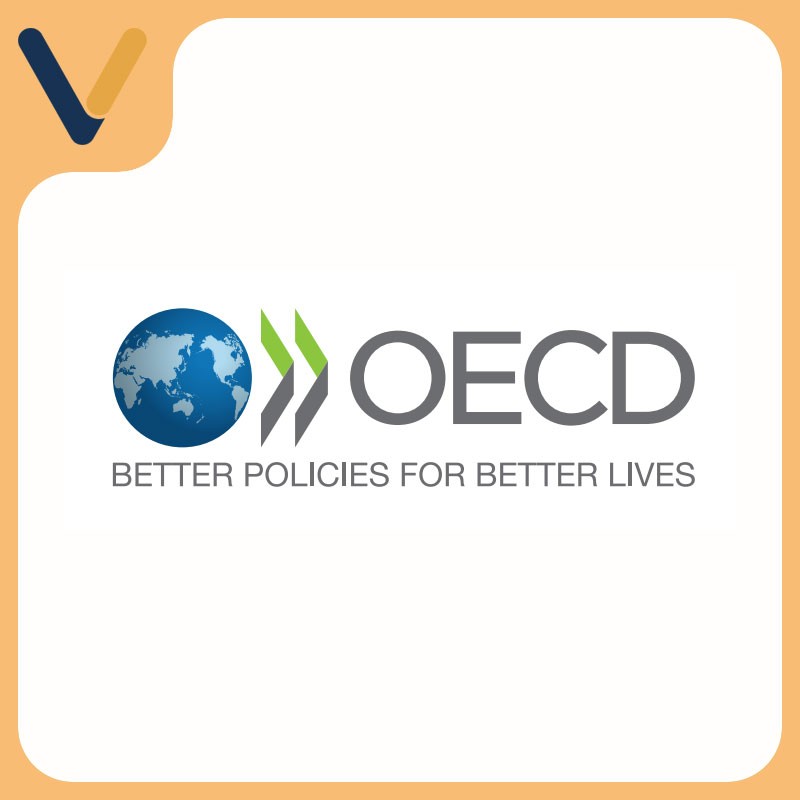

The recognition of non-formal and informal learning is an important means for making the ‘lifelong learning for all’ agenda a reality for all and, subsequently, for reshaping learning to better match the needs of the 21st century knowledge economies and open societies. many countries are putting recognition of non-formal and informal learning at the top of their policy agenda and the time has come for a thorough evaluation of what it entails. This is what this OECD activity attempts to do, in collaboration with the 23 countries, using the existing literature, the scarce data in the field and fact-finding study implicit in the thematic review visits carried out in 16 countries.